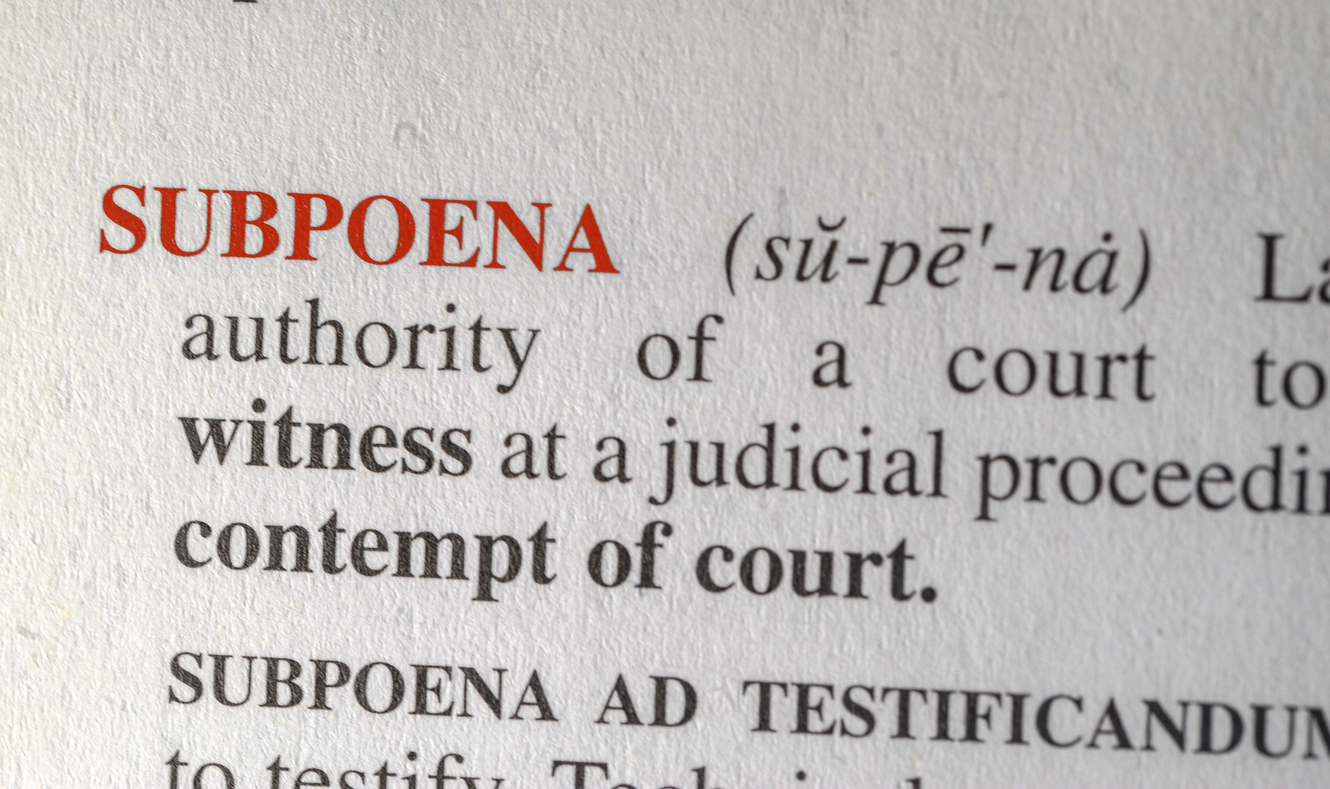Can you imagine a business that is afraid of its own customers? Imagine a business on trial in front of it own customers who were going to judge its products or services and that business was certain those customers would not judge them favorably. What kind of product or service would you think that business produced? Pretty bad, right?
So, I was amazed that State Farm, through its legally authorized representatives, is arguing this very thing—that its own customers are biased and prejudiced against it and would not be favorable in judging its actions, the product and service it provides. Jean Niven provided me with a copy of a unique pleading in a case where our client, a State Farm policyholder, has an upcoming trial against State Farm.
State Farm’s counsel, Ted Corless, wrote, in part, the following:
If any currently insured policy holder with State Farm Florida Insurance Company … is permitted to serve as a juror in the trial of this case, Defendant will suffer irreparable prejudice.
Corless’ motion to keep State Farm’s own customers off the jury panel reminded me of State Farm’s attempts to have all Mississippi Katrina trials held far away from the coast of Mississippi. In those motions, State Farm at least had some experts that opined it could not get a fair trial.
I get accused by State Farm attorney lobbyist, Mark Delegal as being on a crusade against State Farm. This is not true, although I am on a crusade against its manipulation of our political process which it uses against the interests of its own customers. A mutual insurance company should not act against the interests of its members as State Farm routinely does in its lobbying efforts. State Farm should honestly publish its internal legislative agenda and its internal emails to its members. In this manner, members can determine if they feel Sate Farm is helping its members or society rather than helping its management’s self interest.
State Farm management does not do so for obvious reasons. Honesty and full disclosure would show a far different motivation than what State Farm pays its lobbyists to “spin” to our elected officials.
My perception is that many Florida policyholders, feeling that they are fortunate to have insurance at any price, will stay with the insurer they have. The coastal insurance market is not a “free” market as we learn what a “free” market means in basic economics. Indeed, I often have calls from policyholders, individual and corporate, where they ask if making a claim of small value will get them cancelled. They know the supply of insurance is very limited. They are afraid to be cancelled if they make a claim. The bottom line in the current coastal insurance market is that many will pay a significant premium to stay with an insurer, regardless of price or the ability to use the product. Insurance supply is limited and insurance is mandatory.
We published such a comment from a State Farm policyholder supporting my impression:
Mr. Merlin:
I have to respectfully disagree with your comment regarding State Farm Florida’s problems starting in Bloomington and not Florida. If the problem’s were in Bloomington, then why did Allstate and a few other large insurance companies make the decision to leave Florida in some capacity as well. Moreover, if the problems were derived in Bloomington, then how come most of the homeowners insurance issues (most large companies) seem to be in Florida and not other states?
I would much rather have had a 40% rate increase on my homeowners policy, then the 60% rate increase I received when I went to Citizens….not to mention the 10% increase that will happen next year.
The property insurance market is not competitive and no competition will lead to higher prices to the consumer….if prices are artificially held down…then the losses to the state will be made up in higher taxes and/or fees. Like the surcharge to my auto policy for the hurricane fund….which I feel is absurd.
I agree the market needs oversight and regulation….but it doesn’t need to be socialized.
Tony
So, I suggest that State Farm take a new approach–be honest regarding the motivations and reasons for its actions. State Farm acknowledges it has an obligation of “good faith” with its customers. If State Farm cannot share the internal email discourse regarding why it is taking a political position, it may suggest that it is not acting in the utmost “good faith” for its policyholders regarding its legislative agenda or leaving the Florida marketplace. The same secrecy of goals lowering its claims payments to customers was a secret State Farm kept from its own customers because those goals supported an attitude of underpaying claims. It leads to all kinds of documented bad claims behaviors publicly documented in Court records.
If State Farm executives can publicly acknowledge anything that they have learned, it should be that transparency supports honesty and secrecy suggests illicit purpose.
Similarly, if State Farm has damaged its reputation with its customers so much that it now argues its own customers do not approve of its actions, why shouldn’t it be required to prove that its actions in leaving Florida are worthy of such protection in court from its own customers? Why would any legitimate business be afraid of the people paying it for its existence?
State Farm should turn over all the internal emails concerning its decision to leave Florida to prove they had an appropriate private and societal basis for doing so. Our legislators and regulators should be asking for the same as well. Indeed, why wouldn’t our legislators supporting State Farm’s position first ask for those internal emails before deciding in State Farm’s favor? Why aren’t those legislators supporting State Farm first calling for transparency–unless they are afraid of it as well?



